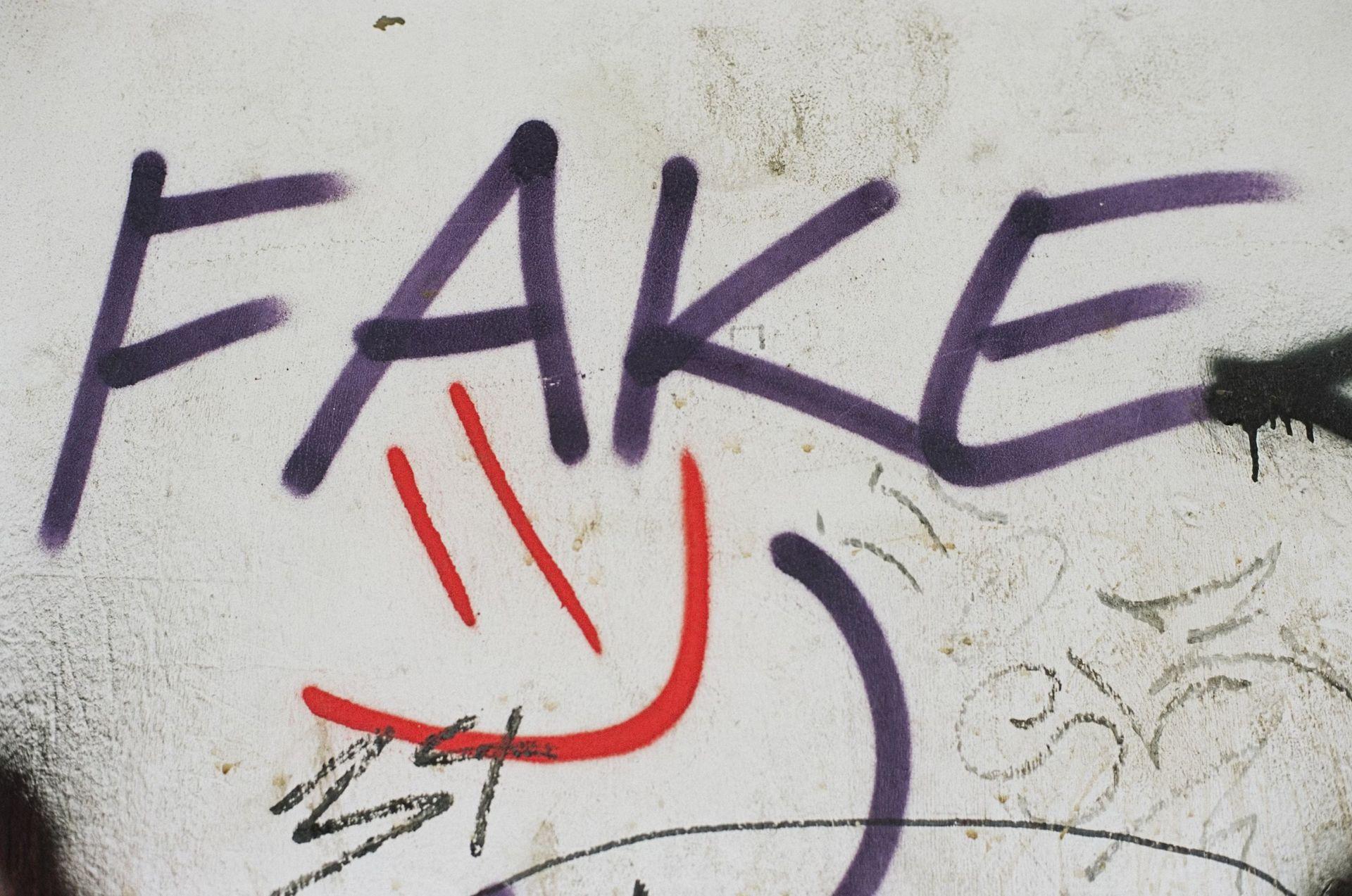The latest Bobbi Athoff leaks underscore the chilling vulnerabilities within our digital ecosystem, exposing the profound ethical quandaries and personal intrusions that shadow technological advancements.
Are Bobbi Athoff leaks AI-generated?
The video’s rapid spread across social platforms has sparked widespread speculation, with many fans concluding it to be an AI-generated clip purportedly showing Althoff in a compromising position. This incident sheds light on the dark underbelly of digital fame and the invasive breach of privacy faced by public figures in the age of artificial intelligence.
Drake’s exposed video leak sparked craze online
Bobbi Althoff, known for her candid and humorous take on life as a young mother on TikTok, and her role as the host of The Really Good Podcast, has found herself embroiled in controversy through no fault of her own. The Bobbi Athoff leaks have not only invaded her privacy but also sparked a conversation about the ethics of deepfake technology and its potential to harm individuals’ reputations and mental health.
Despite the explicit nature of the content, it’s crucial to note that our focus remains on the implications of such leaks and the broader conversation around digital consent and privacy.

The video, which has been widely discussed under the moniker Bobbi Athoff leaks, has elicited a flood of reactions online, ranging from support for Althoff to debates over the authenticity and origin of the clip.
This incident comes on the heels of a viral moment Althoff shared with rapper Wiz Khalifa, showcasing the unpredictable nature of digital fame and the scrutiny that comes with it. Althoff’s approach to the misunderstanding with Khalifa, marked by her deadpan humor, had previously sparked lively debates online, illustrating her complex relationship with the public eye.
Deepfake has to stop and the latest Taylor Swift incident is the reason why
Who is Bobbi Athoff?
Bobbi Althoff, an American podcaster and influencer, gained fame through her widely-shared interviews featuring celebrities such as Drake, Lil Yachty, Offset, and others.
As a prominent social media influencer, Althoff’s journey has been marked by both her viral successes and personal milestones shared with her audience, including her candid discussions on motherhood and her recent announcement of a divorce from her husband, Cory Althoff. The couple, who have shared much of their lives with the public, emphasized a commitment to friendship and co-parenting their daughters, Isla and Luca, amidst their separation.
The unsettling incident involving Bobbi Athoff leaks illuminates the grave dangers posed by deepfake videos, casting a stark light on the urgent need for comprehensive oversight and regulation. As we delve deeper into the age of artificial intelligence, the creation and dissemination of deepfake content have surged, posing unprecedented challenges to individual privacy, security, and the integrity of information.
The threats posed by deepfakes
- Privacy violations: Deepfakes can be used to create convincing and unauthorized content featuring individuals in scenarios they never participated in, leading to severe privacy breaches.
- Misinformation: The potential for deepfakes to spread false information can undermine public trust in media, influence elections, and incite social unrest.
- Emotional distress: Victims of deepfake content often experience significant emotional and psychological distress, impacting their mental health and well-being.

The need for robust regulation
To mitigate the risks associated with deepfake technology, a multi-faceted approach to regulation is essential. Governments should enact laws that specifically address the creation and distribution of deepfake content, ensuring they encompass protections against unauthorized use of someone’s likeness.
Encourage the development and adoption of technology that can detect and flag deepfake content, making it easier for platforms to prevent its spread. Increase awareness about the existence and dangers of deepfakes to help the public critically assess the content they consume online. This way we may not have incidents like Bobbi Athoff leaks no more.
A call to action:
It is imperative that we, as a digital society, demand action from both lawmakers and technology platforms to safeguard against the malicious use of deepfakes.
We must advocate for stricter regulations, better industry standards, and educational initiatives.
Featured image credit: IMDb






